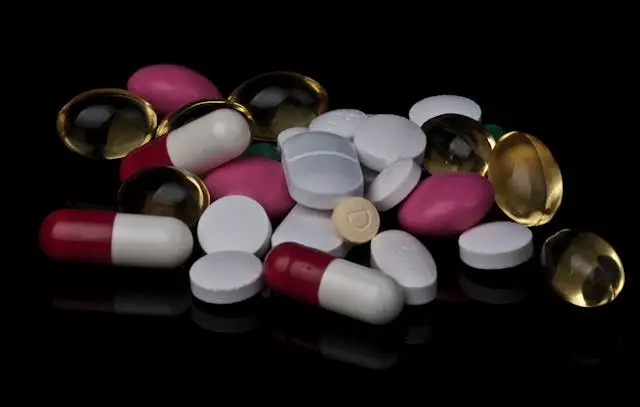Diabetes and weight loss drugs shown to reduce alcohol-related hospitalizations, study finds
New Study Reveals the Impact of Diabetes and Weight Loss Drugs on Alcoholism
A groundbreaking study has indicated that diabetes and weight loss drugs, including Ozempic and Wegovy, can significantly reduce alcohol-related hospitalizations. The research suggests these medications, known as GLP-1 drugs, are more effective in curbing alcoholism than specialized alcohol treatments.
The study, conducted by a team of international researchers, has shed new light on the potential use of GLP-1 drugs, which are primarily prescribed to manage Type 2 diabetes and aid weight loss. Notably, the findings may pave the way for a new approach to tackling the public health issue of alcoholism.
GLP-1 Drugs and Alcoholism
GLP-1 (glucagon-like peptide-1) drugs, such as Ozempic and Wegovy, are designed to mimic the effects of natural hormones in the body that help regulate blood sugar levels. They have been proven effective in managing Type 2 diabetes and promoting weight loss. However, the recent study has uncovered a new potential use for these medications.
The research revealed a notable decrease in alcohol-related hospitalizations among patients who were prescribed GLP-1 drugs. According to the authors, these findings suggest that GLP-1 drugs might be more effective in curbing alcohol consumption than the currently available alcohol treatments. The precise mechanism through which GLP-1 drugs influence alcohol consumption remains a topic of ongoing research.
A New Approach to Combat Alcoholism
Alcoholism is a pervasive and destructive public health issue. According to the World Health Organization, over 3 million deaths each year are attributed to the harmful use of alcohol. Current treatments for alcoholism, while effective for some, are often limited by side effects and the overall difficulty in achieving and maintaining sobriety.
The discovery of the unexpected benefits of GLP-1 drugs in reducing alcohol consumption offers a new angle in the fight against alcoholism. The researchers suggest that these drugs could be used in combination with current treatments, potentially increasing their efficacy and helping more people achieve sobriety.
Implications and Future Research
While the study’s findings are promising, further research is needed to fully understand the impact of GLP-1 drugs on alcohol consumption and to explore potential side effects. The authors stress the importance of rigorous clinical trials to validate their findings and to determine the best treatment regimen for patients.
Furthermore, research is needed to explore whether the benefits of GLP-1 drugs extend to other substance use disorders. If similar effects were found, it could open up a new frontier in addiction treatment.
In conclusion, the study has provided compelling evidence that diabetes and weight loss drugs could play a crucial role in reducing alcohol-related hospitalizations. However, it is the beginning of a journey towards fully understanding the potential of GLP-1 drugs in alcohol and possibly other substance use disorders. The findings offer hope for a new approach to combating alcoholism, a public health issue that continues to take a significant toll on individuals and societies worldwide.















